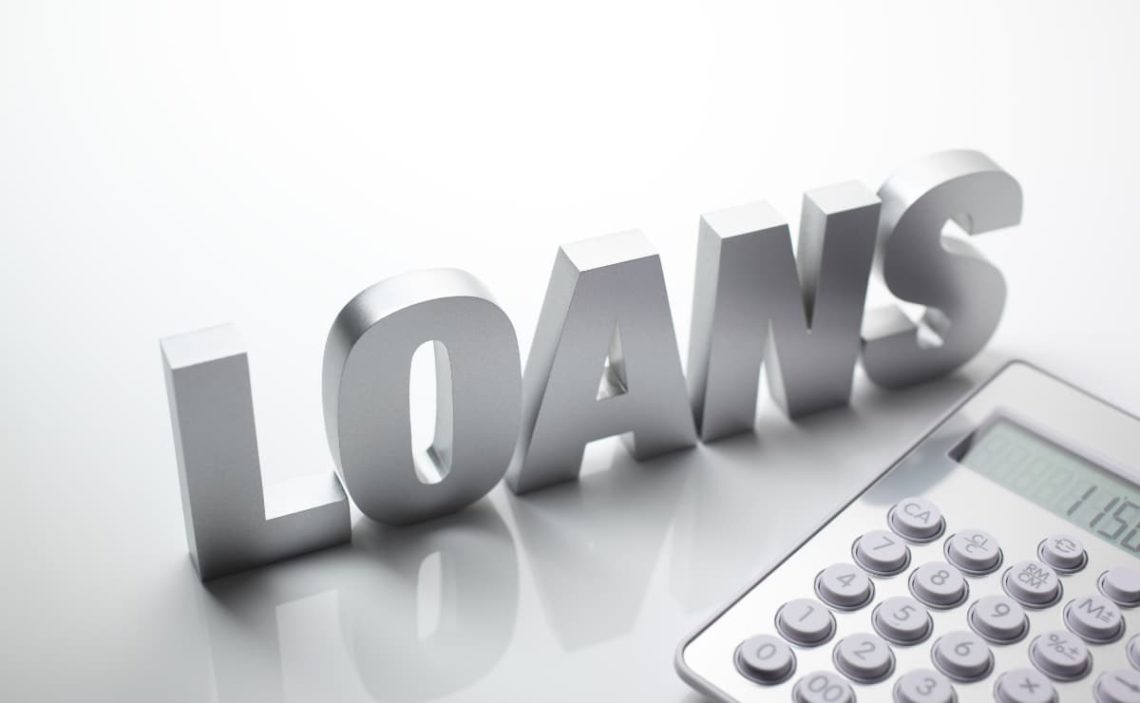One of the key moments to consider in any loan you have applied for is the choice of the payment day. In some cases, you will be able to choose the day.
In other cases, The lender will impose it. If you can’t afford the payment on the selected day, there are several things you should always evaluate.
How are paydays chosen for loans?
There is no single model that determines how to choose a payday. It is up to the lender to select the payday.
We can find two different models:The singlee date chosen by the lender: this is a payment date chosen by the lender. It is usually placed between the first and fifth day of each month, although this may vary. When this model is offered, there is usually no possibility of changing the date.The datee following the loan contracting: in this case, it is the day of contracting and accreditation of the loan when the amortization is executed. For example, if you contracted the loan on the 17th, the following installments will be charged to the card or account on the 17th.
In addition to these two amortization types, which are the most common, the borrower can choose the date in some cases. In these cases, you can select the day on which you want the amortization to occur.
Generally, conventional banks will apply the single date they chose or, in any case, the possibility of selecting the date. On the other hand, non-bank lenders, for example, quick loan platforms, usually offer repayment according to the day on which the loan is contracted.
What to do if you can’t pay on the day of loan repayment?
First of all, and although it may seem silly to say it, ideally, this situation should not occur. To do this, it would be important to thoroughly assess your ability to repay the loan before applying.
Keep in mind that if you do not pay the loan, you will enter a delinquency process that makes the financing cost much more expensive, but it can also lead you to join in lists of defaulters. That will worsen your credit score and lead to legal actions and repossessions.
If the payment date is approaching and you think you will not be able to pay the installment, you should first notify the lender in advance.
Keep in mind that you may have some negotiating leeway with the lender in many cases. But, this negotiation margin is greatly reduced when the installment has already passed, and you have not paid it. It is much more convenient to warn if you will not be able to make the payment.
The lender in this case usually offers two different options:
- A deferment period.
- A renegotiation of the conditions.
Both options can be interesting, but they must be studied in depth in both cases.
When the lender offers a deferment period, you should consider whether this period will have an added cost. That is not uncommon: you may be provided an extra period in exchange for a certain fee. That is often the case with quick loans.
Also, in addition to the previous option, some lenders will not ask you for a fee for a deferment period as long as it is short and ends with the debt payment.
In the case of loan renegotiation, you must consider that the financing cost will increase somewhat. That may be because you must assume a commission, added interest period, etc.
What you should not do if you are unable to pay the installment
There are two things we should try to avoid in these situations.
The first is to ignore the payment. That is, let time pass and let the lender’s claims arrive. That will mean a lot of added costs and potential legal problems down the road.
Another thing we should avoid as much as possible is refinancing the debt with another credit, for example, using a credit card. Although it may be a short-term solution, this type of financing may generate more problems than solutions in the medium and long term.
Journalist and historian. Writing content for the internet full time since 2009. He has collaborated and continues to collaborate in some of the main networks of blogs on economics and finance in Spain, Mexico and the United States among other countries, writing in both English and Spanish.
He specializes in content on personal finance management, insurance, savings, investment, etc., although he has written and supervised for other types of topics throughout his more than twelve years of experience in internet content.
Some samples of his work over the years in FinancialRed, Bolsa24, or Euribor.com.



